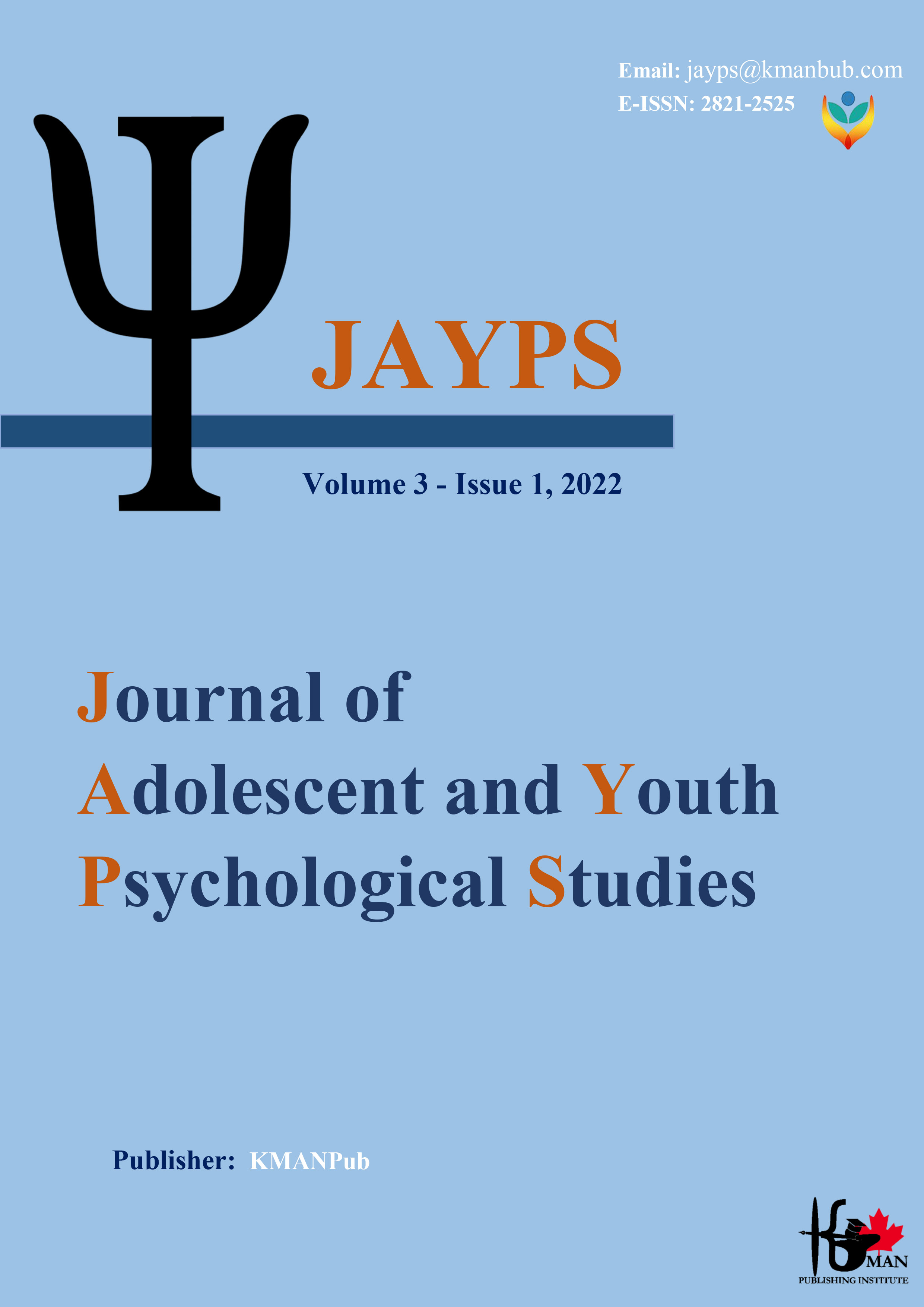Quantum approach to the curriculum, another perspective on curriculum practice in the third millennium
Keywords:
Curriculum, Quantum Physics, Complexity, UnconsciousAbstract
Background and purpose: The beginning of the 21st century refers to an era that can be called the quantum era from the point of view of technology. Quantum theories have the ability to be useful in explaining complex human behaviors, including teaching and learning, and scientists use this theory in investigating phenomena such as mind, thinking, and subconscious mind. Quantum theory in Iran is especially important in the subject curriculum. It is unknown and it is necessary to explain the relevant concepts and with the help of its capabilities, the shortcomings of the existing curriculum will be resolved and lead to a conscious life in the third millennium. Therefore, with the aim of explaining the quantum concepts and determining the relevant components, this research has pursued this question: What components does the quantum curriculum include? Research method: This research is qualitative in terms of fundamental purpose and data. For this purpose, conceptual structure evaluation and theoretical research were used. The statistical community of research in the qualitative part includes national and international documents and related researches and digital resources in the field of quantum physics and curriculum. Findings: Application of this theory, transdisciplinary approach, contextual, collaborative and negotiation knowledge instead of hierarchical knowledge, readiness to face unexpected developments and situations, lifelong learning, lack of focus in curricula and dealing with all complex human dimensions and It presents his extensive interactions with the universe and the implementation of multicultural curricula. In order to succeed in the implementation of curricula, attention should be paid to the learner's environment and his mental and physical conditions and the injection of mental energy. In the evaluation of curricula, attention should be paid to the variety of tools and resources and it should be done qualitatively, continuously and in different situations. Conclusion: Quantum curriculum with a holistic view of right and left hemisphere interactive learning, by establishing a simple and dynamic model, returns the pleasure of teaching to professors and elevates students to the level of insatiable and knowledgeable learners.
Downloads
Downloads
Published
Submitted
Revised
Accepted
Issue
Section
License

This work is licensed under a Creative Commons Attribution-NonCommercial 4.0 International License.









